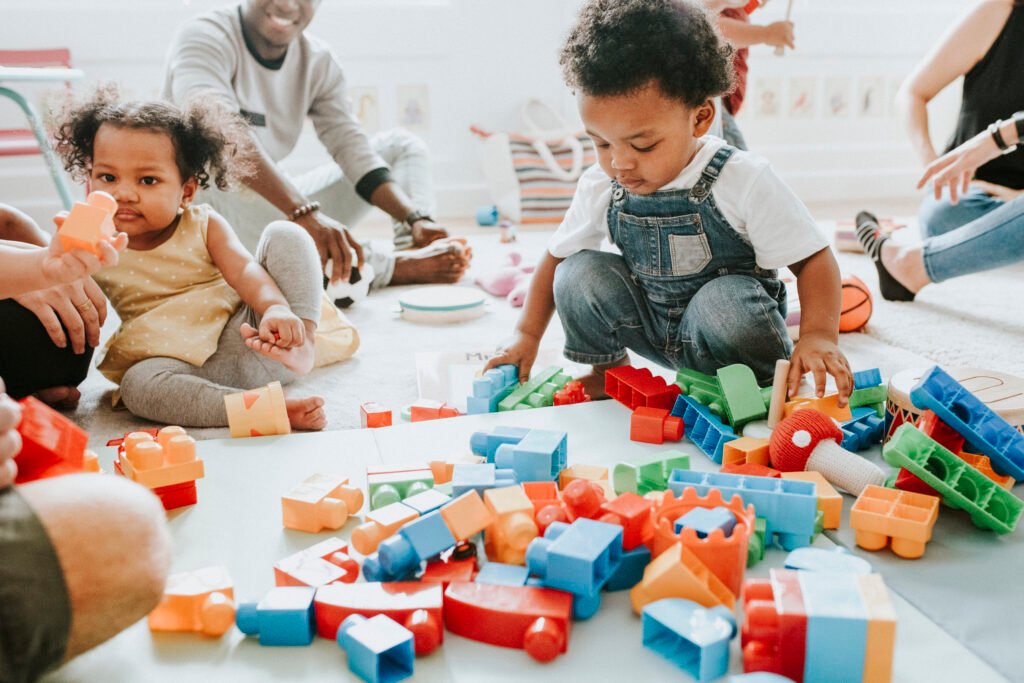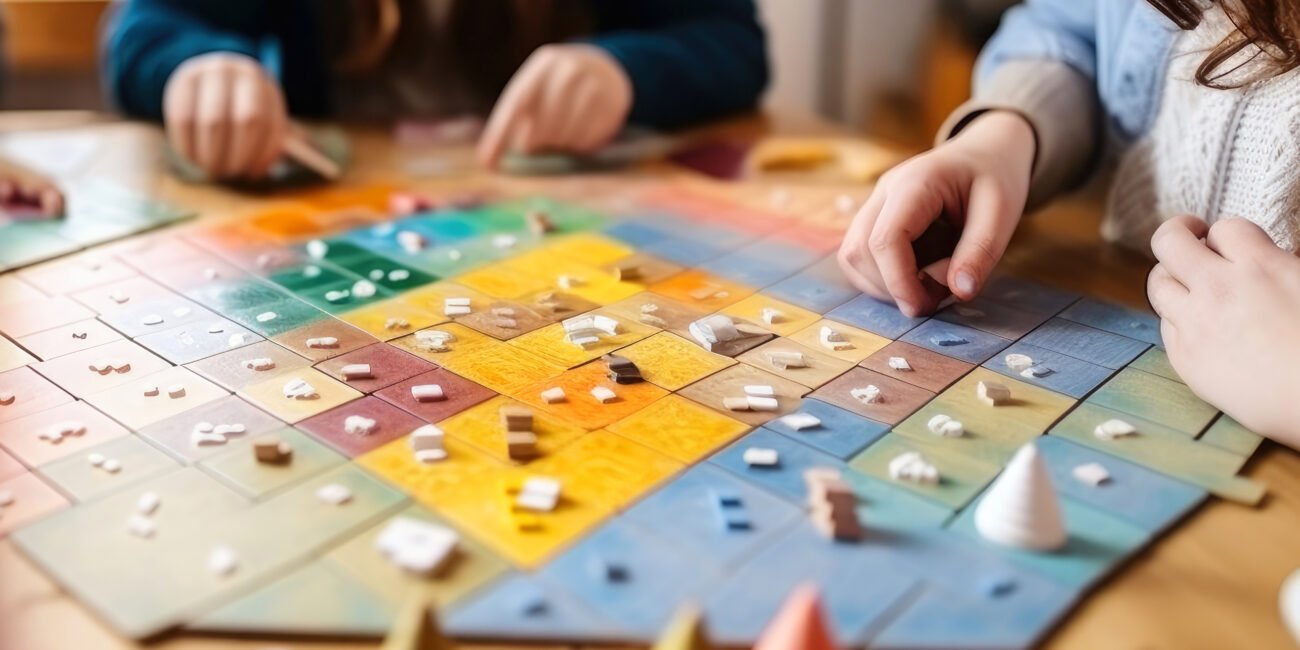Playtime for young children is not just fun and games—it establishes foundational learning for academic and life success. Play builds a suite of cognitive skills including problem-solving, critical thinking, reasoning, and decision making. While playing, children must assess situations, evaluate options, try out solutions, and adapt strategies. Intentionally introducing games and activities that stimulate analytic thinking and reasoning prepares children for higher-level thinking down the road.
What games to play ?
Block play encourages problem-solving as children encounter design challenges or buildings that collapse. Provide a variety of blocks and assign a goal like building the tallest tower. Ask strategic questions like “Why do you think the tower fell over?” to get kids thinking analytically.
Puzzle play promotes logical reasoning and critical thinking. Note how children analyze puzzle pieces and recognize patterns. Have them explain their strategy and selections. Start with simple puzzle boards and progress to more complex 3D or jigsaw puzzles.

Strategy games like checkers, Connect 4, or chess prompt forward-thinking, planning ahead, and considering of consequences. Children must think flexibly to generate solutions. Designate one of their stuffed animals as the “opponent” and verbalize strategic thinking during play.
Situational role play and imaginary games support divergent thinking as kids envision “what if” scenarios. Provide open-ended props and assign play themes that involve problem scenarios, like being lost, stranded on an island, or launching into space. Ask questions to expand their exploration of options.
Conclusion
The key is allowing children to direct their play while scaffolding with thought-provoking questions. Maintain an inquiry-based approach by asking “What will you try next?” and “Why?” Expand challenges as children build critical thinking skills. Most importantly, keep play light and fun rather than overly instructive. Analytic play accelerates the development of cognitive skills essential for current and future learning.





No Comment! Be the first one.